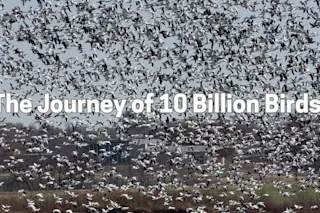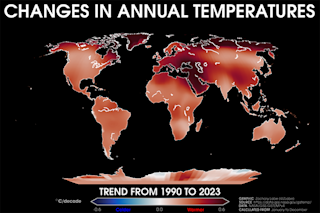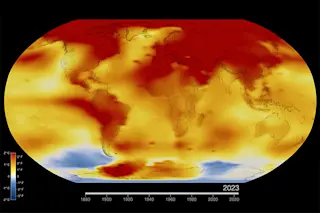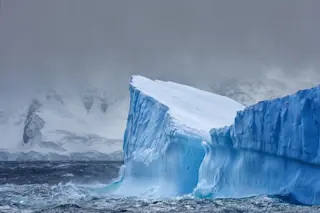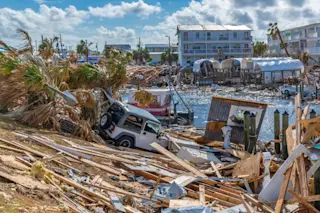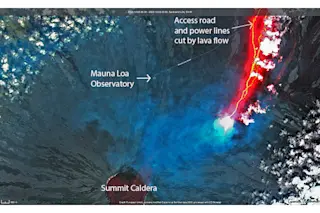As anyone who follows environmental discourse knows, sustainability is more than a popular buzzword. It's a concept that frames all discussion on climate change, development, and ecological concerns. For example, today's line-up of sessions at the annual American Association for the Advancement of Science (AAAS) meeting includes a panel called, "Getting to Global Ecological Sustainability: Climate and Small-Planet Ethics." But what if there is no getting to global sustainability, because it's an impossible goal? This is an argument that is put forward compellingly by advocates of the emergent resilience paradigm. Resilience, in ecological circles, is defined as
the capacity of an ecosystem to respond to a perturbation or disturbance by resisting damage and recovering quickly.
It's an idea that is more compatible with the way the world actually works--not just ecologically, but at a societal level, too. Several months ago, Andrew Zolli wrote in the New York Times:
For decades, ...


